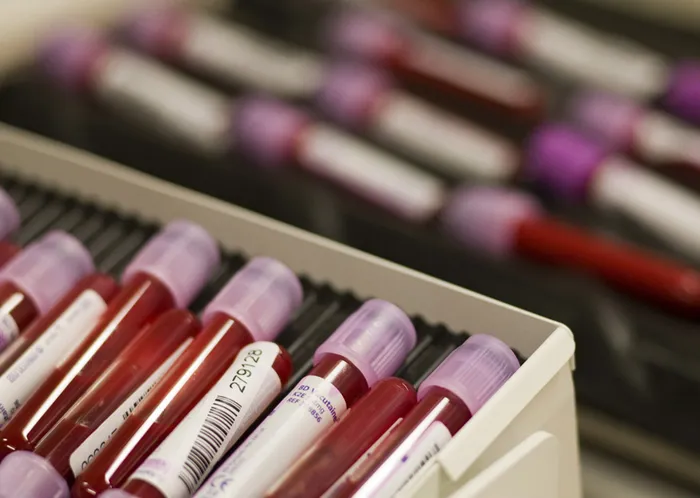The crisis of forensic backlogs: a call for action

The forensic laboratory system in South Africa is facing a crisis, with backlogs leading to miscarriages of justice and lives lost. David Klatzow calls for urgent government intervention to address these critical issues.
Image: File photo: Valentin Flauraud.
Forensic backlogs, which have caused miscarriages of justice for a long time, are a crisis that I consider to be a pressing issue. There are flaws in the way in which the state laboratories conducted their tests for blood alcohol, something I picked up when I established my own private forensics lab in 1984.
And this comes at a price. Human lives are lost, and insurance companies may well be paying out claims that they shouldn’t be because drivers were illegally on the road – drink driving is illegal after all.
In 1984, I highlighted issues with labs with the deputy attorney general, thinking that the government would remedy the defect. He wrote back to suggest that I approach the head of the laboratory services in Pretoria, who basically told me to get lost, “when we need your help, we will contact you”.
The deputy attorney general told me to “win a few cases,” and his department would then re-evaluate the matter. This was the start, and a courageous legal team, and I won 206 cases on the trot thanks to my lab. This eventually led to the state adopting the method that I originally suggested. The lesson for me here is that the government needs to be convinced that something works before it is willing to test it out.
I have seen this pattern repeat for 40 years at our state laboratories. Compounding this, I have seen a serious lack of skills – a situation that urgently needs remedying.
Approximately 15 years ago, Helen Zille – who is currently vying for the position of mayor of Johannesburg – phoned me requesting a meeting to explore the feasibility of establishing a private laboratory to reduce the backlog of drunken driving cases.
After about six weeks of research, pricing, and sourcing of equipment, I reported to the then Premier of the Western Cape that it would be quite possible to set up a mobile laboratory that could be parked at hot spots and would be capable of delivering results in less than half an hour.
However, my suggestions never saw the light of day. Given the ease with which such labs could be set up, at a cost-effective price, I have to ask at what cost to justice and lives when we failed to take drunk drivers off the road before there is a crash because we have not implemented such a concept.
About 20 years ago, it became obvious that the labs in South Africa were going to face a skills crunch as those running them found themselves in the unenviable position of not having anyone to mentor and help train young recruits. As a result, top-level staff also left because output dwindled to less than 20% of previous norms.
Rather obviously, this had a seriously negative effect on the laboratories, together with the police forensic laboratories, which are vital to the administration of justice. They also maintain oversight on the various items that are imported into the country. None of this gets done now.
The backlogs climb, and equipment is mistreated to an alarming extent. At one point, most of the forensic microscopes were damaged beyond use. Analysis of liquor served up at a shebeen where a number of children died remains to be published.
The courts are now dismissing cases for lack of forensic evidence.
It is time to stop treating this as someone else’s problem. The forensic system is collapsing in plain sight, and the cost is measured in lives lost, justice denied, and higher insurance premiums.
The government must act now to commission independent audits, rebuild skills, and create the mobile and private laboratory capacity that has been proposed for decades.
Nothing less than a decisive, transparent intervention will restore credibility and protect the public.
* Klatzow is a private consulting forensic scientist
PERSONAL FINANCE